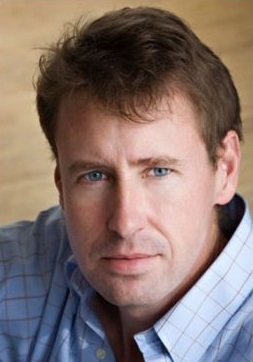Just as the term “fake news” was in the American vocabulary for about five minutes before it was flipped on its head, I am hopeful the pejorative term “snowflake” as applied to college students might soon be reversed and applied to its users. It’s not just that the word is smug and patronizing. It is also inaccurate.

I spend my working life among 18-to-22-year-olds, many of them from comfortable backgrounds, and I see little evidence to support the popular stereotype of emotionally fragile beings demanding that the world bend to their whim. I rather see the opposite traits in my students: humility, curiosity and tough-mindedness about the things that matter.
Some of them have already fought hard battles and shown great personal courage in ways that outsiders may never know. Those who are in opposition to the current drift of events at the presidential level often risk abuse and shame from their own families and peers, and must think through the same moral obstacle course that dissenters from all eras have had to navigate.
The etymology of the insult “snowflake”– with its mocking insinuations of fragility and privilege – appears to be rooted in the self-esteem programs of some modern primary-school curricula that encourage students to value their own individual talents. According to Merriam-Webster, the first weaponization of frozen crystals occurred in the 1996 novel Fight Club when a tough-guy character sneered to some weak initiates: “You are not a beautiful and unique snowflake.”
While it might be easy to imagine some fictional golden era in which all college students were not alarmed about the state of the larger world – or willing to let their unhappiness be known – the reality is that student unrest is as old as the university system itself. The medieval campuses of Oxford and Perugia were riven with periodic unrest, and American student agitation was not invented in Berkeley in 1968. Youth is a season of idealism and ideological flirtation, of passion and experimentation. This is how it should be.
Based on what I see every day at Chapman University, I harbor no worries whatsoever about the young people of the early 21st century who will soon pick up the mantle of power, and it makes me angry when older people look down on them as a group and tell them how terrible they are. This cynicism is of no help whatsoever. And these accusers have conveniently forgotten their own fidgety period of early adulthood– as they sailed forever from childhood’s harbor – of improvisation and questioning. They are either clueless or jealous.
Yes, there are times when petty university dramas look ridiculous to the general public, but our learning institutions are supposed to be restless, challenging and even threatening to certain entrenched constituencies. I sometimes get exhausted with certain byzantine discussions. But the university is, above all, a place of free inquiry, and that also means pushing back against the excesses of identity politics or partisan politics, because that freedom to raise objections and cross-examine orthodoxies is also a value we uphold at Chapman University. I always make room for these discussions with any student who wants to talk. Proverbs 27:17 says, “As iron sharpens iron, so one person sharpens another.” That’s what should happen in a university. Because that’s how we push society forward.
If this historic mission of a university bothers anyone, they might ask themselves if they are exhibiting a certain type of excessive woundedness and victimization. Oh, if only there were a word for such sensitivity…
Tom Zoellner is an associate professor of English at Chapman University and politics editor for The Los Angeles Review of Books.





Add comment